Prof. Dorel BANABIC
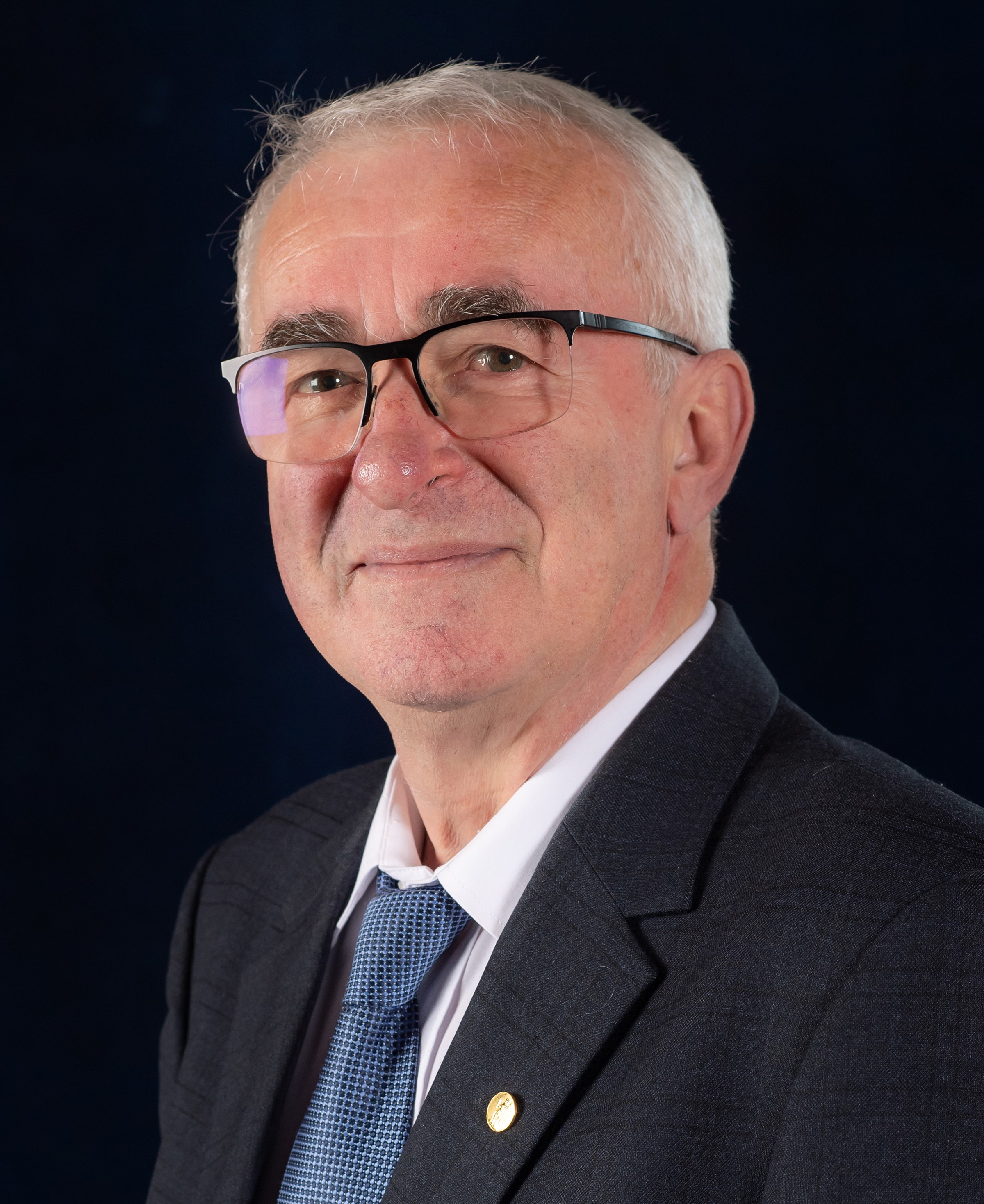
- Professor at the Technical University of Cluj-Napoca (UTCN), Romania
- Director of the Research Center in Sheet Metal Forming (CERTETA), UTCN
- Director of the Graduate School in Manufacturing, UTCN, Romania
- Past President of the European Scientific Association for Material Forming (ESAFORM)
- Fellow of CIRP (International Academy for Production Engineering)
- Fellow of the Academy of Technical Sciences of Romanian
- Fellow of the Romanian Academy
- President of the Technical History Division of the Romanian Academy
- President of the Technical Sciences section of the Romanian Academy
- Editor-in-Chief of the Proceedings of the Romanian Academy, Bucharest, Romania
- Editor-in-Chief of the Romanian Journal of Technical Sciences - Applied Mechanics, Romania
- Associate Editor of the International Journal of Material Forming, Springer Verlag
- Member in the Editorial Board of the following international journals: International Journal of Computational Materials Science, Gliwice, Poland; Manufacturing Review, EDP Sciences, Paris; Journal of Forging and Stamping Production, Russia; Computed Method in Materials Science, Poland; Journal of Production Processes and Systems, Hungary; Memoirs of the Scientific Sections of the Romanian Academy.
- Member in the Scientific Committees of the most representative conferences in Material Forming.
Website: https://users.utcluj.ro/~banabic/cv.php?lang=en
Keynote Presentation:
Prof. Giuseppe CARBONE
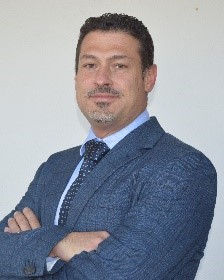
Giuseppe CARBONE has got his PhD degree in Robotics from the University of Cassino, Italy, in 2004 where he has been Assistant Professor and Key Member of the Laboratory of Robotics and Mechatronics (LARM) for about 15 years. He has been visiting professor at Universidad Carlos III of Madrid, Beihang University, Waseda University, and several other well-reputed International Research Institutions. From 2018 to 2021 he has been Visiting professor at Sheffield Hallam University, UK where he served as Senior Lecturer and member of the Executive board of Sheffield Robotics from 2015 to 2017. From 2018 he has been Associate Professor at University of Calabria, Italy. From 2020 he is Chair of IFToMM TC on Robotics and Mechatronics. Among others he is Treasurer of the IFToMM Italy Member Organization, Editor-in-Chief of Robotica Journal (Cambridge Univ. Press), Section EIC of Journal of Bionic Engineering, MDPI Robotics, MDPI Machines, Technical Editor of IEEE/ASME Transactions on Mechatronics. He published over 400 research paper outputs. He has been PI or co-PI of more than 20 projects including 7th European Framework and H2020 funds. He has received more than 20 Best Paper awards and more than 10 International Best Patent awards.
Website: http://infodimeg.unical.it/associate_professor/card/273
Keynote Presentation:
Prof. Dumitru MAZILU
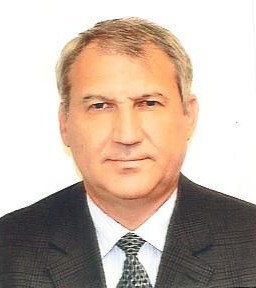
Researcher, National Institutes of Health, USA
Dumitru Mazilu is a Staff Scientist at National Heart, Lung, and Blood Institute, within National Institutes of Health, Bethesda, Maryland. He received his Ph.D. in Mechanical Engineering from the University of Craiova, Romania and a postdoctoral fellowship in medical robotics at the Johns Hopkins University, USA. Dumitru Mazilu has published over 60 peer-reviewed papers in scientific journals and conferences, co-authored several books and books chapters and 10 international patents in the areas of robotics, advanced fabrication technologies, biomedical imaging technologies and medical instrumentation for image guided intervention. Dr. Dumitru's primary research focus is the development of medical robotics, new biomedical imaging technologies and medical instrumentation.
Website: https://www.researchgate.net/profile/Dumitru-Mazilu
Keynote Presentation:
Prof. Eugen RUSU
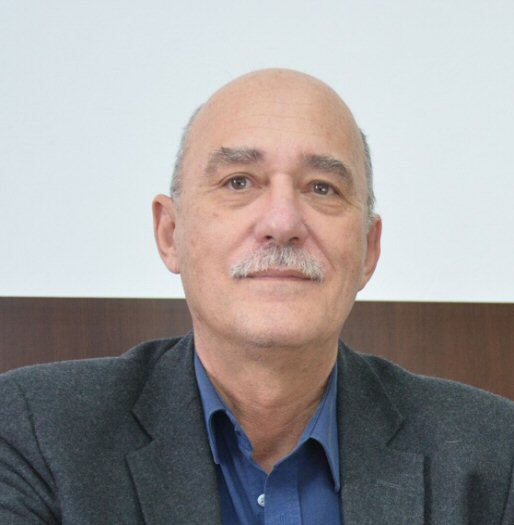
Professor, Department of Mechanical Engineering, Dunãrea de Jos University of Galati, 47 Domneasca Street, 800008 Galati, Romania, Corresponding Member of the Romanian Academy
Included in: world ranking of scientist (2%).xlsx
EUGEN RUSU (0000-0001-6899-8442) - ORCID | Connecting Research and Researchers
Scientific interests: ocean energy, marine engineering, coastal hazards, wave and currents modeling, wind energy
Eugen Rusu received a diploma in Naval Architecture (1982) and a Ph.D. in Mechanical Engineering (1997). Between 1999 and 2004,
he worked as a post-doc fellow at the at Hydrographical Institute of the Portuguese Navy, where he was responsible for wave modelling and provided environmental
support for some major situations such as: the accident of the M/V Prestige (2002) and the NATO exercises Unified Odyssey (2002) and ‘Swordfish’ (2003).
Eugen Rusu worked as a consulting Scientist at the NATO Centre for Maritime Research and Experimentation, La Spezia, Italy (2005), having modelling coastal
waves and surf zone processes as main tasks.
Starting in 2006, in parallel with his activity as professor at the University Dunarea de Jos of Galati, he has been working as a professor collaborator at CENTEC
(Centre for Marine Technology and Ocean Engineering) http://www.centec.ist.utl.pt/en/centec/personnel.aspx?id=1, University of Lisbon, Portugal. Since 2012, he has also
acted as an expert for the European Commission. Eugen Rusu has published more than 150 works in the fields of renewable energy and marine engineering and he received
awards including Doctor Honoris Causa (2015) at the Maritime University of Constanta, Romania Outstanding Contribution in Reviewing, Renewable Energy (2015) and Ocean
Engineering (2016) journals; and Top 1% World Reviewers in the field of engineering (2018 and 2019). He is also the President of the Council of the Doctoral Schools in
Galati University and of the Romanian National Commission of Mechanical Engineering. Since 2018, he has been a corresponding member of the Romanian Academy, the highest
level scientific and cultural forum in Romania.
Website: https://www.researchgate.net/profile/Eugen-Rusu
Keynote Presentation:
Climate Change Effects and the EU Targets in Terms Of Marine Renewable Energy
Prof. Americo SCOTTI
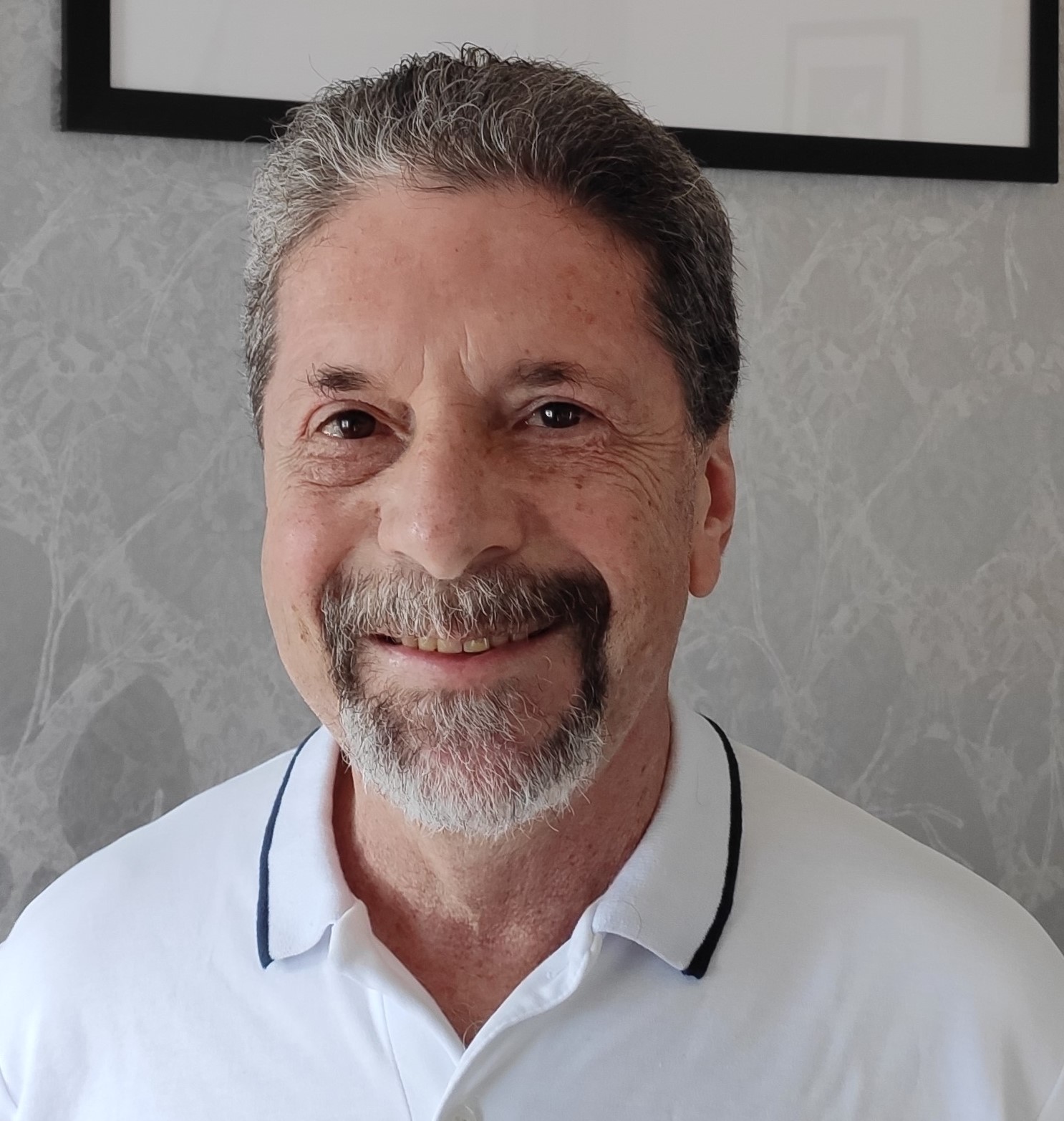
Prof. Américo Scotti, Mechanical Engineer, graduated in 1979 (Brazil), MSc in Manufacturing (1982 – Brazil), obtained his PhD in Welding Technology in 1991 at Cranfield University, UK. He has been working with welding technology since 1982. He has supervised several PhD and MSc students on the related subject. He opted for an earlier retirement in 2014 as a full professor at the Federal University of Uberlandia, Brazil, holding the position of Research Coordinator of the Center for Research and Development of Welding Processes. He is currently with University West, Sweden, as a professor of Welding Technology, and with the Federal University of Uberlandia, Brazil, as visiting professor. He works as a research leader for Brazilian and European companies, such as Praxair, Belgo Bekaert, Petrobras, Binzel and Linde. He worked as a senior researcher at White Martins Gases Industriais (the Brazilian branch of Praxair). He also served as a member of the auditor's body of ABS-ANB (National authorised body for qualification and certification of personnel in welding), an organ accredited by IIW (International Institute of Welding). He is classified as Researcher 1A by CNPq (the Brazilian central agency for research development). He is the author of 2 printed books and 2 book chapters on welding, having published more than 160 papers in scientific journals to date and more than 200 papers presented in conferences. He has 6 registered patents as a co-inventor. He is editor-in-chief of Welding in the World. He is active in the International Welding Institute, where he has already held a seat at the Board of Directors and the Technical Management Board and chaired the Study-Group Research and Collaboration. He received in 2019 the honour of "Fellow of IIW". He has also been granted the "2020 IIW-India Life Excellence award", the "Senai Nadir Dias Figueiredo award" (Brazil) and the "IIW Yoshiaki Arata Award - Sponsored by The Japan Welding Engineering Society. His main field of interest is Arc Welding Processes. He works from the basics (arc physics) to the end-use (process automation and parametric optimisation). His research approach is experimental work, with instrumentation and statistics application. His latest subject of interest has been Wire Arc Additive Manufacturing, on which topic he has been working since 2016.
Website: Americo Scotti ; Linkedin URL ; Orcid number (0000-0002-1005-5895)
Keynote Presentation:
Finding “dark side of the moon” when researching: the case of pyrometrical measurement in WAAM
Prof. Dan STOIANOVICI
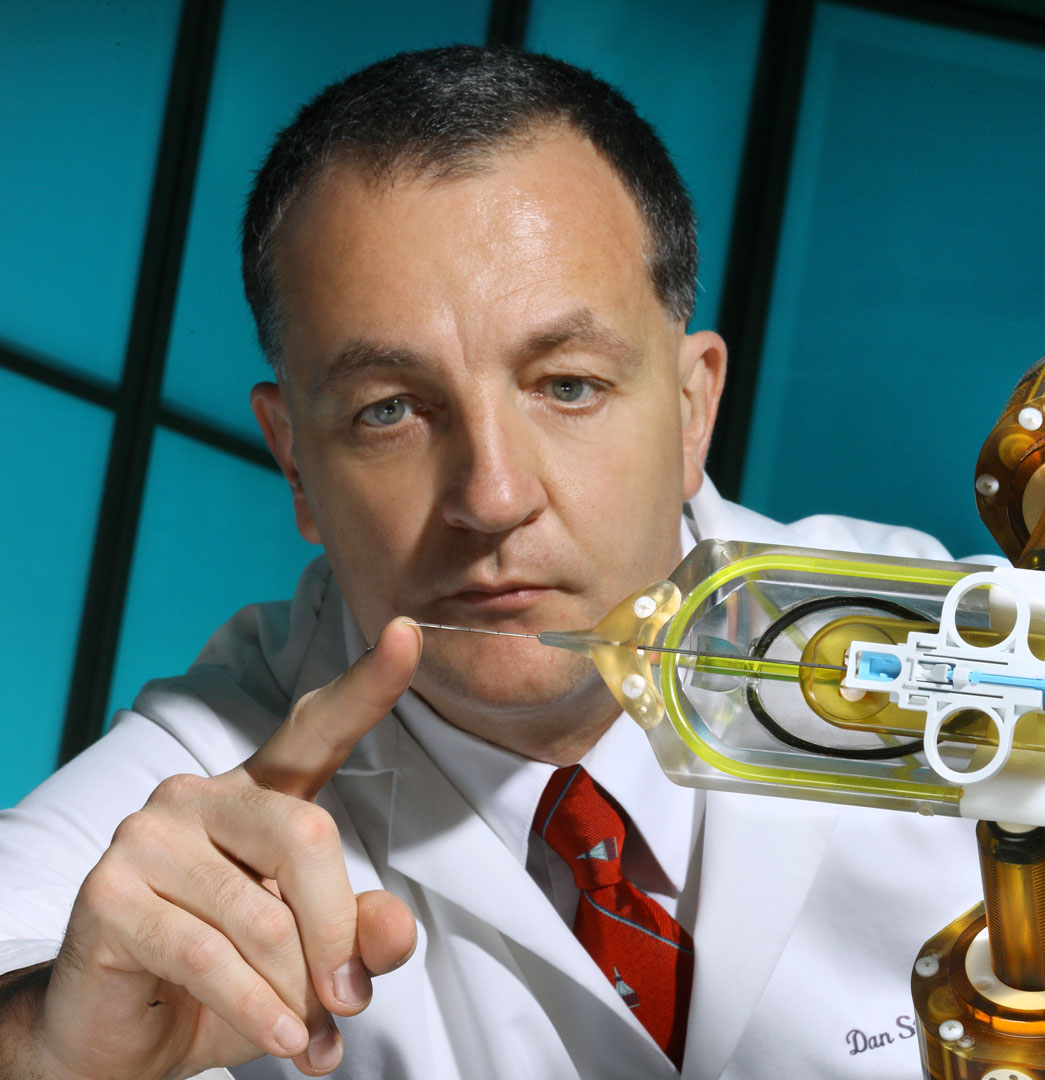
Dr. Stoianovici is Professor of Urology, Mechanical Engineering, Neurosurgery, and Oncology at the Johns Hopkins University in Baltimore, Maryland, USA. He is the Director of the Robotics Program in Urology.
His education includes mathematics and physics at the Frații Buzești National College, mechanics at the University of Craiova, doctorate in robotics at the Southern Methodist University in Dallas, Texas, and fellowship in urology at the Johns Hopkins School of Medicine.
His research is focused on the design, manufacturing, and control of robots for direct image-guided intervention. His research is experimentally oriented including extensive hands-on expertise in manufacturing and software development for image-guidance and navigation. Together with his team he developed numerous devices and robots, including special mechanisms and actuators for medical robots such as a novel backlash-free rotary transmission (Ball Worm), a pneumatic stepper motor (PneuStep), and control systems for MRI Safe actuation. He has extensive experience with clinical trials and regulatory protocols, including the first robot to be approved by the U.S. Food and Drug Administration (FDA) for the MRI environment.
Professor Stoianovici has been the academic advisor of numerous Master of Science (MS), Doctor of Philosophy (PhD) students, and Medical Doctor (MD) fellows. In his lab, he continues to have an active research role working hand-in-hand with his team, personally designing, building, and programing robots.
His publication record shows numerous Google Scholar entries with over 10,000 citations and an outstanding H-index. He is the lead inventor on numerous issued U.S.patents, most of which being licensed to major medical device and imaging equipment companies in the U.S. and internationally. He was the Principal Investigator (PI) on numerous sponsored research grants from the U.S. Federal Government, foundations, and industry.
He serves on the editorial boards of numerous journals such as the Journal of Endourology, IEEE/ASME Transactions on Mechatronics, International Journal of Medical Robotics and Computer Aided Surgery, Minimally Invasive Therapy & Allied Technologies, British Journal of Urology, IEEE Access, Journal of Medical Robotics Research, International Journal of Intelligent Robotics and Applications and is the Executive Director of the Engineering & Urology Society.Dan is also a U.S. Federal Aviation Administration (FAA) Private Pilot.
